There is no greater frustration for a television viewer than investing hours into a story only to have it cut short without a proper conclusion. A series finale is a promise, a pact between creators and the audience to provide a satisfying sense of closure for the characters and narratives they have come to care about. When that promise is broken, the final moments of a TV show, meant to be a thoughtful ending, instead become an agonizing question mark, frozen in time by a network or streaming service’s decision to pull the plug. These abrupt endings are a stark reminder of the brutal business side of entertainment, where ratings, budgets, and corporate strategy can silence a story just as it reaches its most critical moment.
Videos by ComicBook.com
This phenomenon is particularly painful when a series ends on a major cliffhanger. The final scene, designed to build maximum anticipation for a forthcoming season, instead becomes an eternal tease. Characters are left in mortal peril, world-altering secrets are on the verge of being revealed, and the entire premise of the show is about to be redefined, but the resolution never arrives. The audience is left to endlessly speculate about what might have been, piecing together creator interviews and script leaks to imagine the season that was never made.
10) Agent Carter
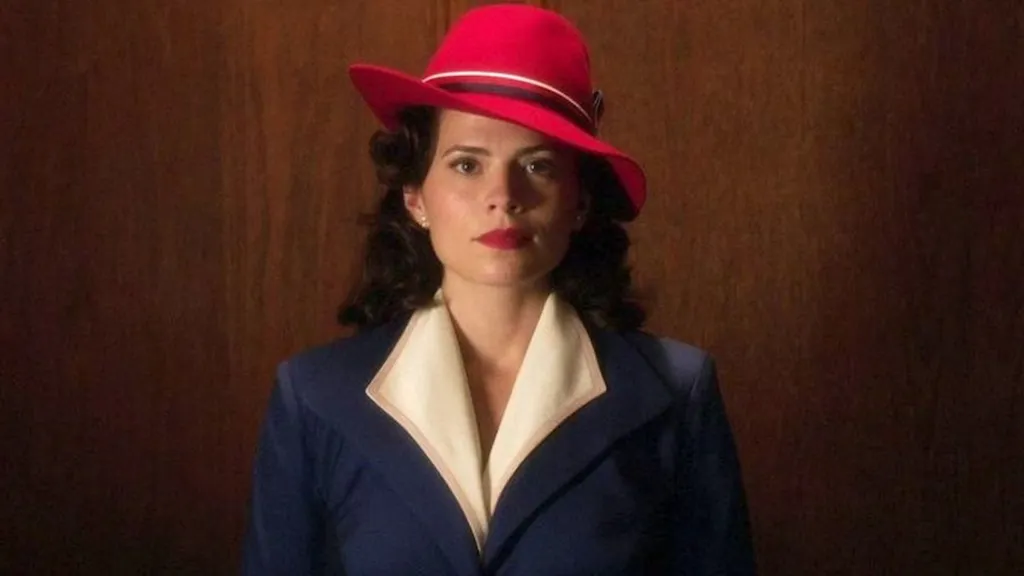
The second season of Agent Carter concluded with an unresolved mystery that left fans stunned. After successfully thwarting the plans of Whitney Frost (Wynn Everett), Peggy Carter’s (Hayley Atwell) Strategic Scientific Reserve colleague, Chief Jack Thompson (Chad Michael Murray), was shot in his hotel room by an unknown assailant. The mysterious figure then stole the redacted file on Peggy’s supposed war crimes, leaving Thompson’s fate ambiguous and the identity of the shooter a complete unknown. This final scene set up a compelling new antagonist and a conspiracy that would have directly targeted Peggy’s reputation and career, promising a more personal and dangerous third season.
Unfortunately, Agent Carter was ultimately a victim of declining viewership. Despite critical acclaim and a dedicated fanbase, the ratings for the second season dropped significantly from the first. ABC, faced with the high cost of producing a period piece, decided the numbers no longer justified the expense. Actress Hayley Atwell later noted that network politics played a role, as ABC wanted to move her to a more mainstream series, Conviction, effectively sealing the fate of Peggy’s unresolved storyline.
9) 1899
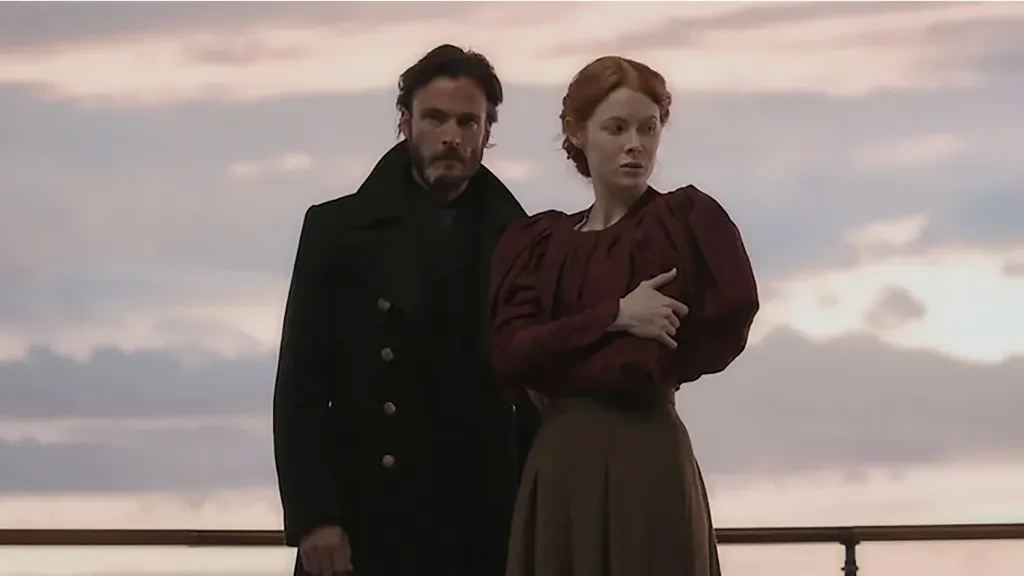
From the creators of Dark, the multilingual sci-fi mystery 1899 ended its first and only season with a reality-shattering twist. After spending eight episodes trapped on a seemingly haunted steamship in the titular year, protagonist Maura Franklin (Emily Beecham) discovers the entire scenario is an advanced computer simulation. In the final moments, she awakens to find herself and the other passengers aboard a modern starship named Prometheus in the year 2099. The grand mystery of the Kerberos ship was just one layer of a much larger puzzle, with Maura’s brother now in control of the simulation and a new, futuristic setting established for the planned second season.
Despite high anticipation and a complex, engaging mystery, Netflix canceled the series just two months after its premiere. The primary reason cited was that the show’s viewership and completion rate did not meet the streamer’s expectations, especially when compared to its high production cost as one of Germany’s most expensive series ever. While it appeared in Netflix’s Top 10, 1899 failed to generate the immediate audience required to justify its budget, leaving viewers stranded in the 21st century with no hope of discovering what came next.
8) Lois & Clark: The New Adventures of Superman
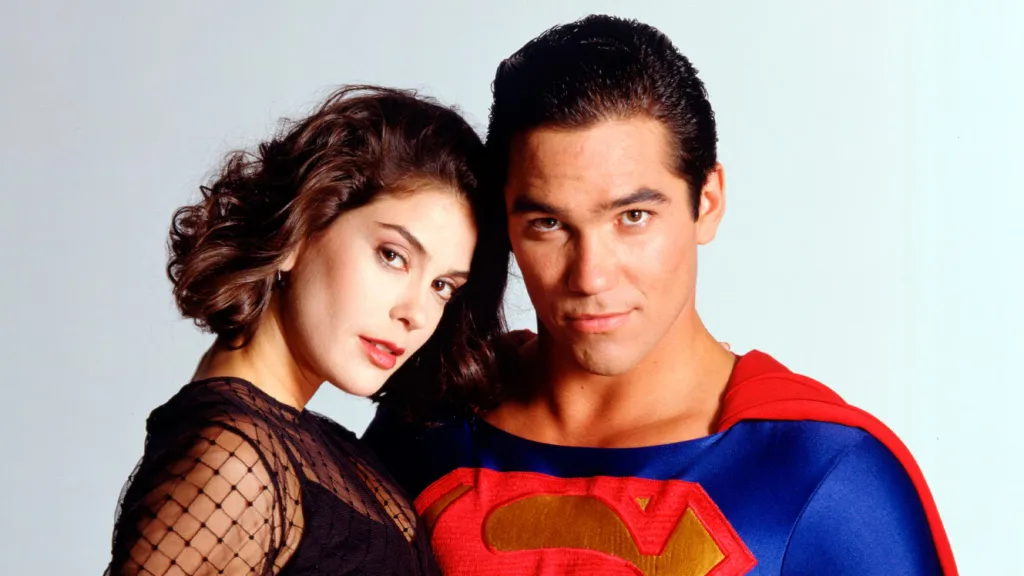
The fourth and final season of Lois & Clark: The New Adventures of Superman ended with a mystery that completely upended the lives of its titular couple. After being told that their Kryptonian and human physiologies made it impossible for them to have children, Lois Lane (Teri Hatcher) and Clark Kent (Dean Cain) returned home to a shocking discovery. A baby was waiting for them in a bassinet, wrapped in a Superman blanket with a note that read, “This child belongs to you.” This sudden arrival set up a massive new storyline, leaving fans to question the baby’s origin, whether it was Kryptonian, and if its appearance was part of some villain’s elaborate scheme.
The show was initially expected to be renewed, but ABC reversed its decision and canceled the series. The ratings had declined significantly in the fourth season, with many viewers feeling the central romantic tension had been lost after the couple finally married. This abrupt cancellation meant the mystery of the super-baby was never explained, leaving one of the most famous couples in pop culture with a new family member who appeared out of thin air and whose story was never told.
7) My Name Is Earl
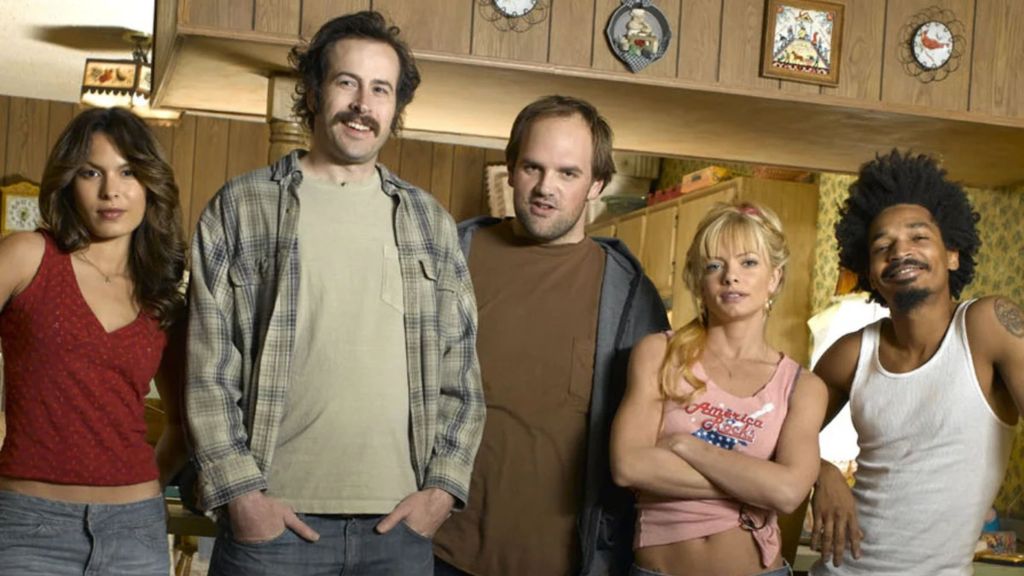
The Season 4 finale of My Name Is Earl left audiences with a shocking revelation that completely re-contextualized the entire series. After four seasons of watching Earl Hickey (Jason Lee) try to atone for his past misdeeds, a DNA test reveals that he is not, in fact, the biological father of Darnell’s (Eddie Steeples) son, Earl Jr. Even more surprising, it turns out that Darnell is not the father of Joy’s (Jaime Pressly) other child, Dodge, whose real father was a mystery man Joy had a one-night stand with. This twist set up a brand new mission for Earl’s list: finding Dodge’s biological father. The episode ended with a “To Be Continued” card, promising a resolution that never arrived.
My Name Is Earl‘s abrupt end was the result of its cancellation by NBC. The network decided to cut the series due to declining ratings and the rising costs associated with a show entering its fifth season. There were attempts to shop the series to other networks, like TBS and Fox, but a deal could not be reached to save the show and resolve its massive cliffhanger. Series creator Greg Garcia later revealed his intended ending, where Earl would discover he was the father of a child from a past fling and realize that his karmic journey was about putting good into the world, not just erasing the bad.
6) GLOW

The third season finale of GLOW left its gorgeous ladies of wrestling at a major crossroads. After a tumultuous run in Las Vegas, the group’s future was uncertain. In a final, desperate move to keep the team together, Debbie Eagan (Betty Gilpin) buys a television network with Bash Howard (Chris Lowell) and offers Ruth Wilder (Alison Brie) the director’s chair for their new, rebooted wrestling show. In a heartbreaking moment, Ruth turns down the offer, choosing to walk away from wrestling and her complicated relationship with both Debbie and Sam Sylvia (Marc Maron). She boards a plane, leaving her future and the future of the entire GLOW team completely up in the air.
Production on a fourth and final season of GLOW was already underway when the global shutdown of March 2020 brought everything to a halt. While initially just a delay, Netflix eventually reversed its renewal decision, canceling the series for good. The streamer cited the unique challenges of producing a show centered on wrestling, an activity requiring close physical contact, as a primary concern. The combination of its large ensemble cast and the new safety protocols made the budget untenable, and a projected 2022 release date was deemed too distant to maintain audience interest.
5) Las Vegas

The flashy drama Las Vegas ended its fifth season on a brutal double cliffhanger that left the fates of its main characters in jeopardy. Danny McCoy (Josh Duhamel), the new President of the Montecito casino, boarded a private jet that experienced catastrophic engine failure mid-flight, with the final shot showing the plane nosediving out of the sky. At the exact same moment, his pregnant girlfriend, Delinda Deline (Molly Sims), collapsed back at the casino from the stress of a recent kidnapping attempt and went into premature labor. The episode cut to black with the lives of Danny, Delinda, and their unborn child all hanging in the balance.
NBC canceled Las Vegas shortly after the finale, leaving audiences in permanent limbo. The show’s cancellation was a result of both a significant drop in ratings during its fifth season and its high production costs. The 2007-2008 Writers Guild of America strike also shortened the season, disrupting its momentum. The combination of a smaller audience and a large price tag led the network to fold on the series, ensuring that viewers would never know if Danny survived the crash or if Delinda and her baby made it through the traumatic birth.
4) Terminator: The Sarah Connor Chronicles
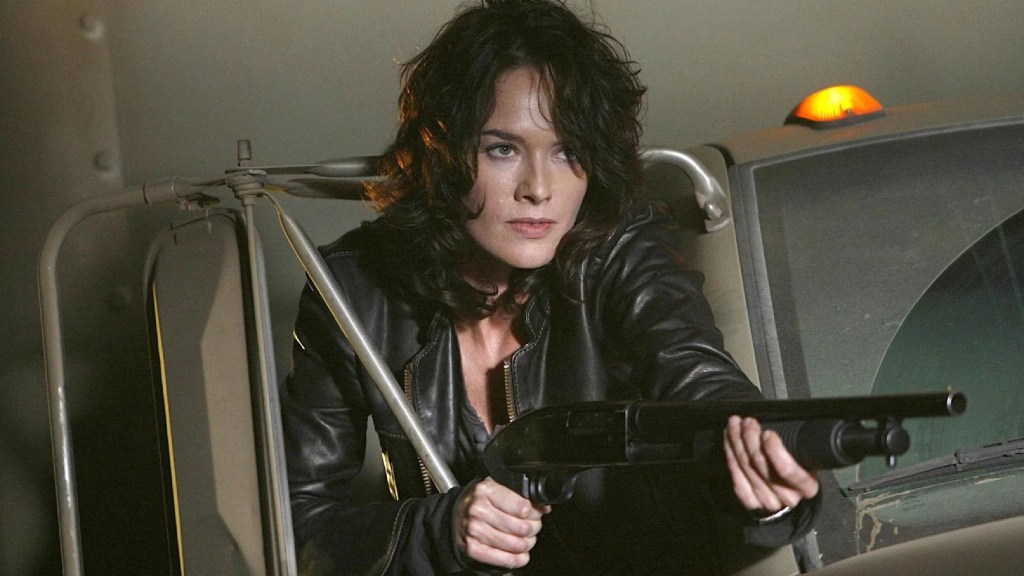
The finale of Terminator: The Sarah Connor Chronicles ended with a massive, timeline-altering jump into the future. After John Connor (Thomas Dekker) and Cameron (Summer Glau) are unable to stop the advanced AI, John Henry, from escaping into the past, John makes a desperate choice. He time-travels to a post-apocalyptic future to stop Skynet once and for all, leaving Cameron and his mother, Sarah Connor (Lena Headey), behind. Upon his arrival, he discovers a world he does not recognize. None of the future resistance fighters have ever heard of John Connor, the legendary savior of humanity. This shocking twist effectively erased his own legend, setting up a third season where the prophesied leader would have to earn his place in a world that did not know him.
Terminator: The Sarah Connor Chronicles was canceled by Fox due to a combination of high production costs and declining ratings. After a strong series premiere, viewership steadily dropped throughout its two-season run. The show was eventually moved to the Friday night “death slot,” where its numbers fell even further, making it impossible for the network to justify the expense of a third season.
3) Santa Clarita Diet

The zombie comedy Santa Clarita Diet concluded its third season with a game-changing cliffhanger that fans had been anticipating since the series began. In the final moments, Sheila Hammond (Drew Barrymore) bites her husband, Joel (Timothy Olyphant), to save him from a flesh-eating spider creature. The bite seemingly transforms Joel into one of the undead, just like her. This development promised to fundamentally alter the show’s dynamic, finally putting the central couple in the same undead boat. The fourth season would have explored Joel’s new life as a zombie and how the couple would navigate their shared condition.
Netflix canceled the series shortly after the third season was released, a decision that was met with significant fan outcry. The cancellation was not a reflection of the show’s quality or popularity but was instead a business decision tied to Netflix’s budget model. Shows on the platform become progressively more expensive to produce after their third season due to built-in bonuses and pay raises for the cast and creative team. Despite its cult following, the viewership for Santa Clarita Diet was not high enough to justify the increased cost of a fourth season, leading the streamer to end the series prematurely.
2) The OA

The mind-bending finale of The OA‘s second season shattered the fourth wall in a way few shows have ever attempted. After jumping through multiple dimensions, Prairie (Brit Marling) and Hap (Jason Isaacs) are transported to a new reality: the set of their own television show. In this new dimension, Prairie is an actress named “Brit Marling” who is married to “Jason Isaacs,” and she has been injured performing a stunt. The entire series was re-contextualized as a show-within-a-show, leaving audiences to question the nature of every reality they had witnessed. The planned third part would have explored this meta-narrative, with the characters now aware of their fictional existence.
Netflix’s decision to cancel The OA after two seasons was one of its most controversial programming moves. The show had a passionate following that launched extensive online campaigns to save it. However, according to Netflix executives, the show’s viewership numbers did not justify its high production costs. The creators had a five-season arc planned, but the cost of producing the ambitious, high-concept series became unsustainable for the streamer, which chose to end the story at its most perplexing and fascinating point.
1) The Society
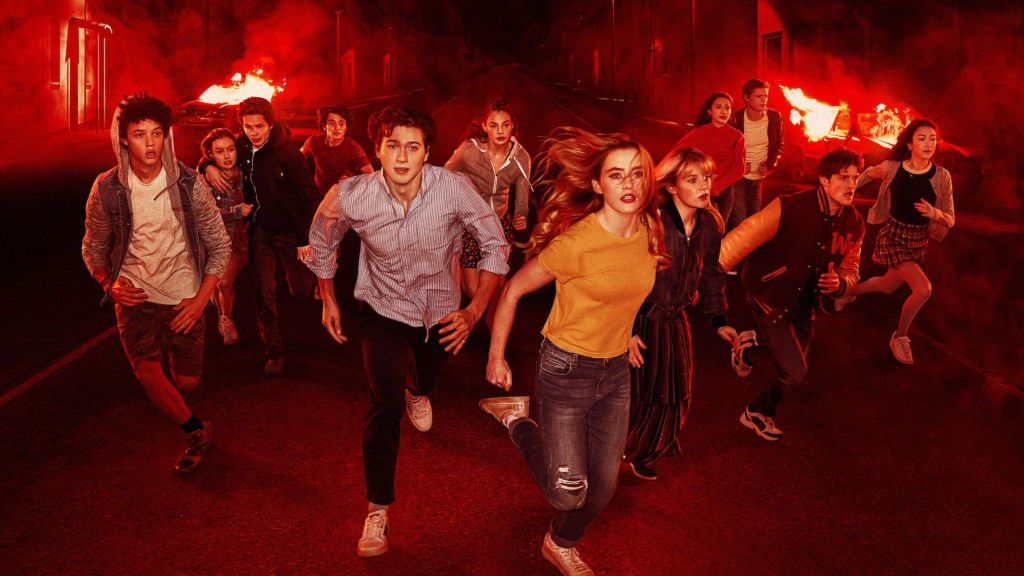
The first season of the teen mystery drama The Society ended with multiple unresolved cliffhangers. The central mystery of what happened to the teenagers of West Ham was deepened when it was revealed they were in a parallel universe or alternate dimension, as a final scene showed their parents back in their original town under a plaque dedicated to the missing teens. Meanwhile, the fragile new government established by the teenagers collapsed. The manipulative Campbell Eliot (Toby Wallace) and his allies staged a coup, arresting the town’s leader, Allie Pressman (Kathryn Newton), and her supporters.
The Society‘s cancellation was particularly cruel, as Netflix had already renewed it for a second season, and the scripts were complete. However, the series became one of the first major casualties of the COVID-19 pandemic’s impact on television production. The streaming service rescinded its renewal order, citing the unprecedented circumstances. According to the company, the logistical difficulties and significant budget increases associated with ensuring the safety of a large ensemble cast made moving forward with the new season impossible, leaving the mysteries of the parallel universe permanently unsolved.
Which television cliffhanger do you wish you could have seen resolved? Leave a comment below and join the conversation now in the ComicBook Forum!









